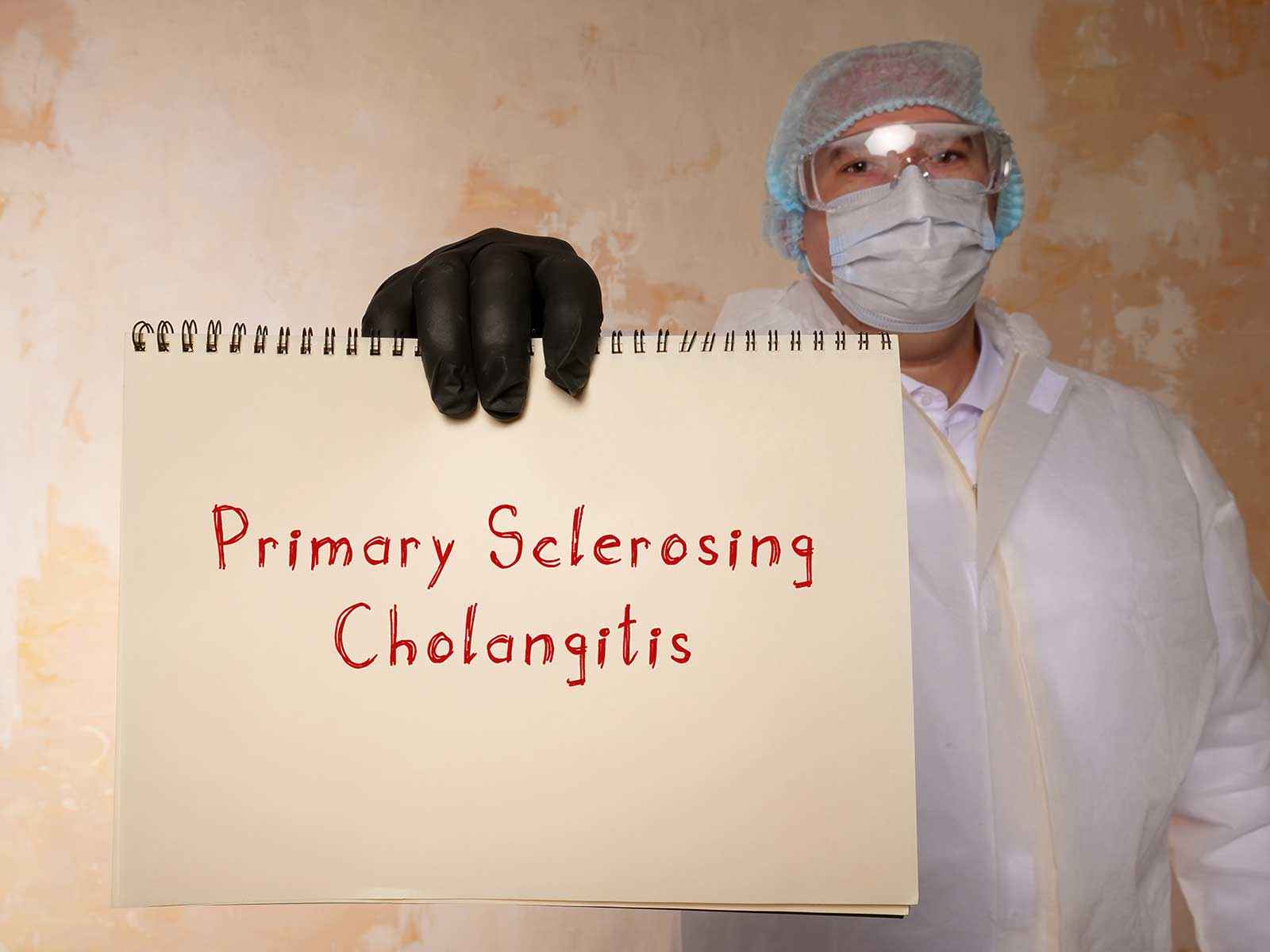
Presbyesophagus is an aging related variation in the esophagus whereby there is impaired strength and coordination in the muscular contractile of the esophageal muscle. This decelerates the passage of food through the throat to the stomach and can be accompanied by unnecessary, unhelpful muscle movements works known as tertiary contractions. Although this is not life threatening, it may render swallowing painful.
Individuals having presbyesophagus tend to have:
Presbyesophagus is caused by a number of age-related factors:
We have GastroDoxs in Cypress that has board-certified specialists in GI and provide individualized care due to age-related changes in the esophagus such as presbyesophagus. All the extensive tests to personalized course of action, we are there to make your swallowed food and digestion comfortable. Wait-book today to speak to the specialist and get a permanent solution.
We've successfully treated more than 1.5K patients, helping individuals improve their digestive health and overall well-being through expert, personalized care.
With over 20 years of experience, GastroDoxs has been a trusted provider of gastroenterology care, focusing on delivering the best outcomes for patients
Diagnosis is commonly associated with upper endoscopy to view the esophagus and a barium swallow test to see the movement and esophageal manometry to measure the muscle pressures.
No. Presbyesophagus is significant to old age, although symptoms such as dysphagia and reflux are manageable with lifestyle changes, prescription drugs and therapy.
Other foods to avoid include spicy foods, greasy foods, acidic, caffeine and alcohol because they cause reflux and swallowing pain and discomfort to increase.
In case you have serious problems with swallowing or have some risks of aspiration, a speech therapist can recommend practices and methods to be safe and effective.
Proton pump inhibitors and prokinetics are also medications used to control acid reflux and promote esophagus motility but it does not undo the process of aging.
Yes. Symptoms can be minimized and help more in better swallowing mechanics with gentle neck and throat stretches, as well as exercises with postures.
To-and-fro peristalsis- Uncoordinated contractions that occur in the muscular wall of the esophagus and that push food temporarily backward then forward towards the stomach, are called to-and-fro peristalsis.
It is better to follow up regularly (6-12 months) or earlier in case of aggravation of the swallowing difficulties or symptoms of reflux.
Yes. Though most of the cases are treated in a conservative manner, surgical treatment to remove or decrease the diverticulum can be recommended in case of serious obstruction or frequent symptoms.
Should the over-the-counter preparations fail to curb your symptoms or have some unresolved dysphagia, it would only be well that a board certified gastroenterologist is consulted because he or she would be able to diagnose and provide you with tailor-made therapy.